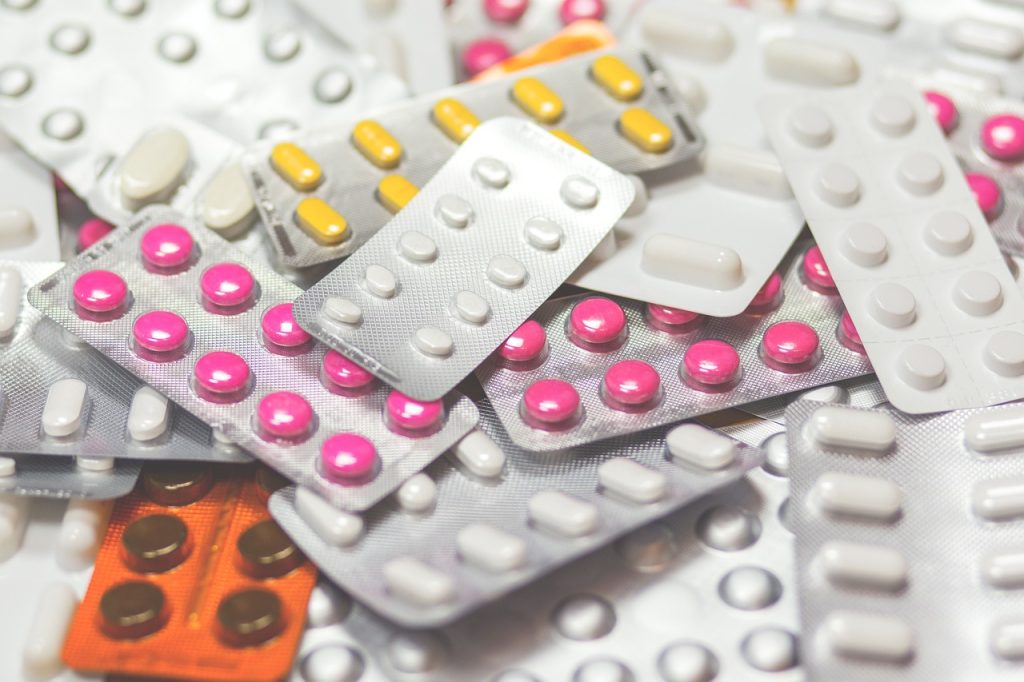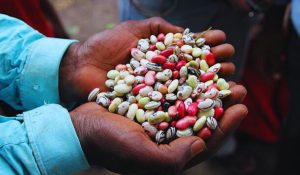
May & Baker's Approach Sets Benchmark for Corporate Responsibility in Nigeria
May & Baker Nigeria Plc’s decision to limit price increases on essential drugs, despite the challenging economic environment, represents a commendable act of corporate social responsibility (CSR) that should inspire other members of the Manufacturers Association of Nigeria (MAN) and corporates across various sectors. At a time when the pharmaceutical industry faces unprecedented pressures, including the exit of major players like GlaxoSmithKline and the skyrocketing cost of imports due to a depreciating naira, May & Baker’s approach is a powerful statement of prioritizing public health over profit margins.
Patrick Ajah, CEO of May & Baker, highlighted the company’s efforts to keep drug prices affordable by raising them only three times over the past year, a strategy that reflects the company’s deep commitment to the well-being of Nigerian consumers. This move not only stabilizes the availability of critical medications but also reinforces the trust that the public places in local pharmaceutical manufacturers. By sacrificing profits to maintain accessibility, May & Baker exemplifies the essence of CSR—balancing financial sustainability with social impact.
This approach by May & Baker is particularly significant given the broader context of the pharmaceutical industry in Nigeria. The sector is heavily reliant on imported Active Pharmaceutical Ingredients (APIs) and packaging materials, making it vulnerable to fluctuations in the exchange rate and global supply chain disruptions. The recent devaluation of the naira, which saw the exchange rate leap from N461/$1 to N1,600/$1, has only exacerbated these challenges. Despite these obstacles, May & Baker’s decision to absorb some of the cost increases rather than passing them entirely onto consumers is a testament to their CSR-driven business ethos.
The company’s efforts extend beyond pricing strategies. May & Baker’s involvement in vaccine manufacturing through its BioVaccine subsidiary and its participation in a consortium of pharmaceutical companies working towards local API production demonstrate a long-term commitment to improving Nigeria’s pharmaceutical self-sufficiency. These initiatives are vital steps toward reducing dependency on imports, stabilizing the industry, and ultimately ensuring that essential drugs remain accessible to the Nigerian population.
May & Baker’s actions should serve as a clarion call to other members of MAN and corporate Nigeria at large. The challenges faced by the pharmaceutical industry—such as the high exchange rate, the delayed implementation of government policies like the import duties waiver, and the lack of local API production—are not unique to this sector. Many industries in Nigeria are grappling with similar issues. However, as May & Baker has demonstrated, it is possible to navigate these challenges with a CSR-focused mindset that prioritizes the greater good.
For corporates and members of MAN, following May & Baker’s example could involve rethinking profit strategies, investing in local production capabilities, and collaborating on solutions that address systemic issues such as supply chain dependencies and regulatory inefficiencies. By adopting these practices, companies can contribute to a more resilient and socially responsible business environment in Nigeria, one that benefits not only their bottom lines but also the communities they serve.
Bottomline is May & Baker’s decision to absorb costs and limit price hikes, while simultaneously investing in local production and R&D, is a laudable example of CSR in action. It is a model that other companies should emulate as they navigate the complexities of the Nigerian market. In doing so, they can help ensure that the essential goods and services they provide remain accessible to all Nigerians, thereby fostering a healthier, more equitable society.









